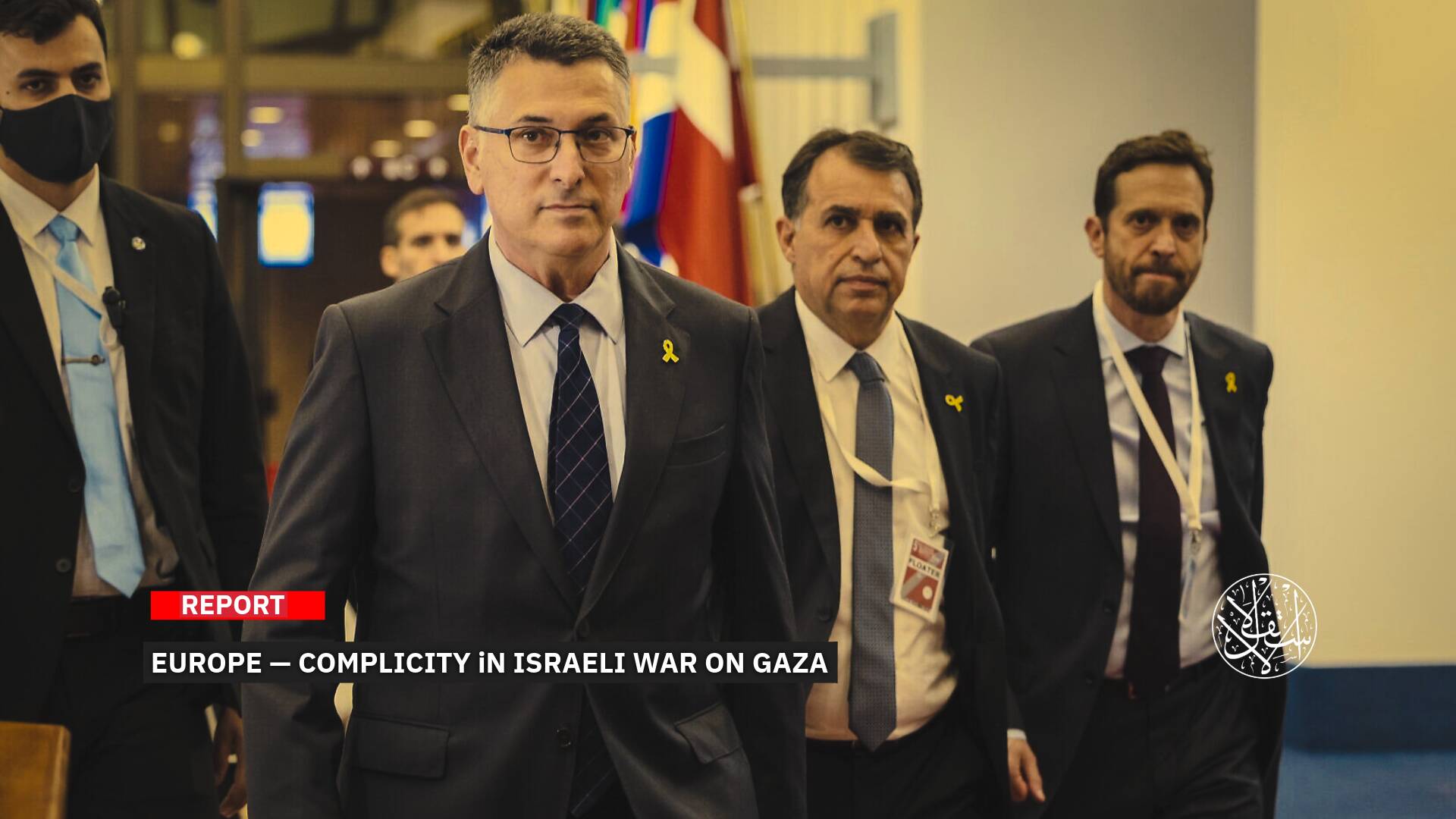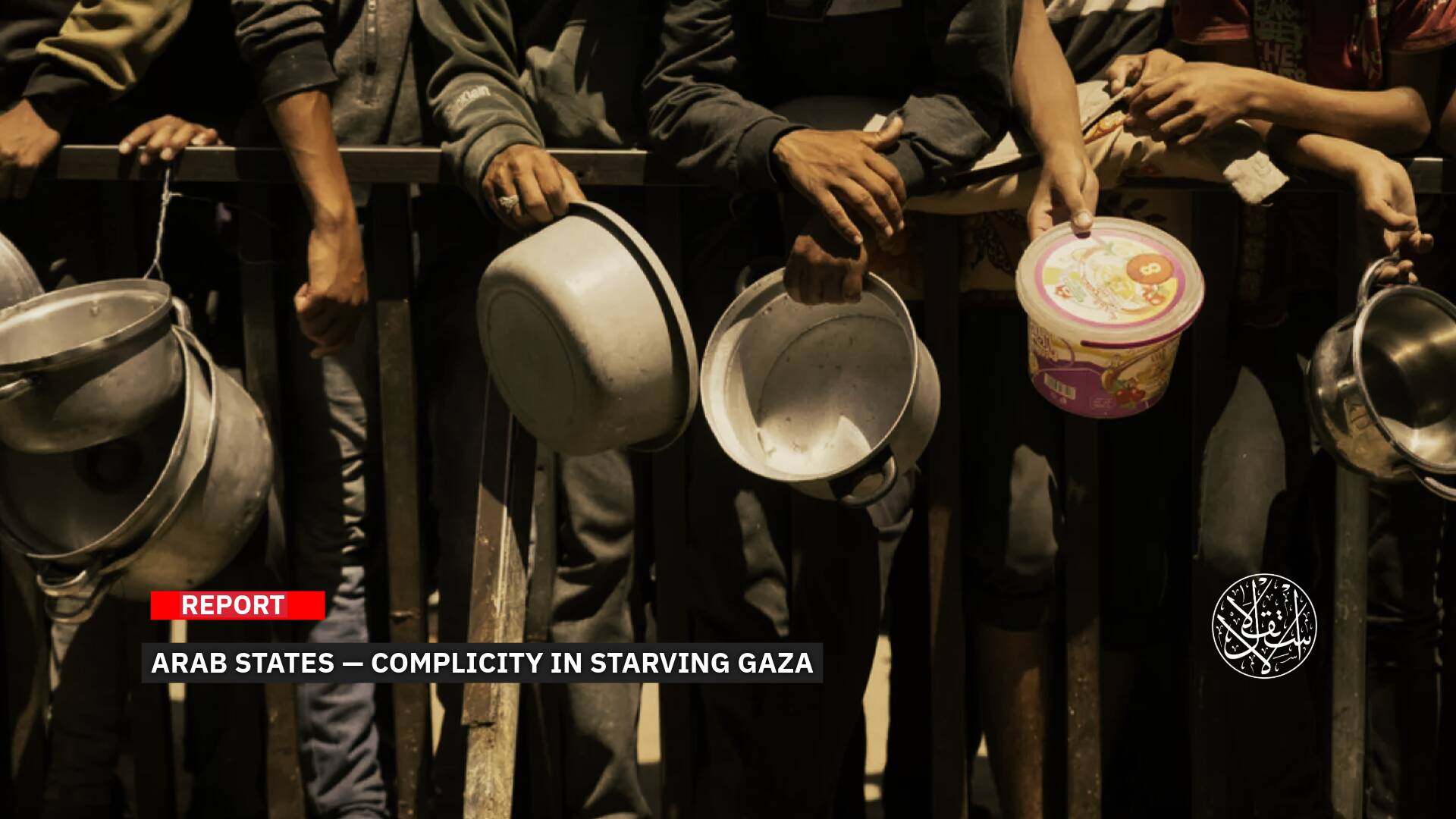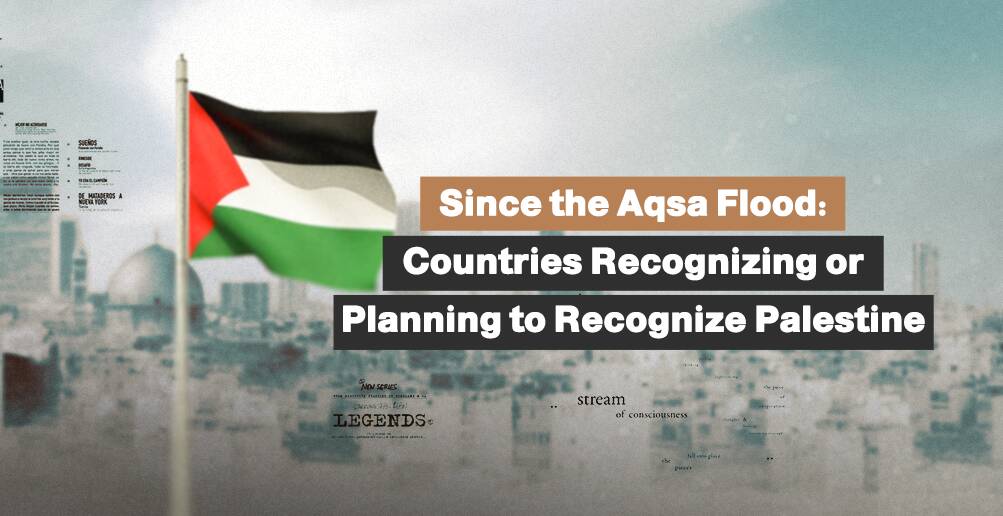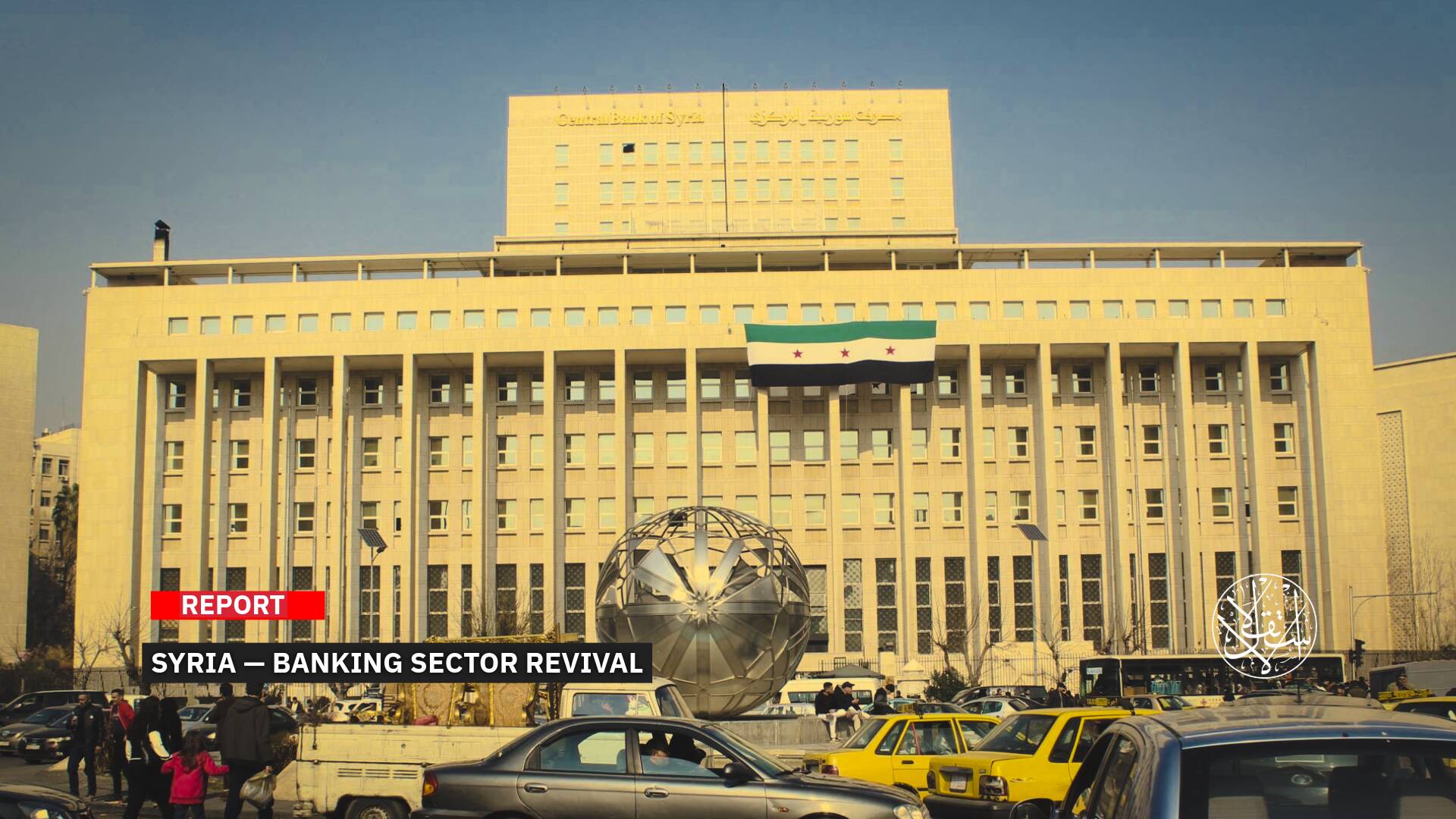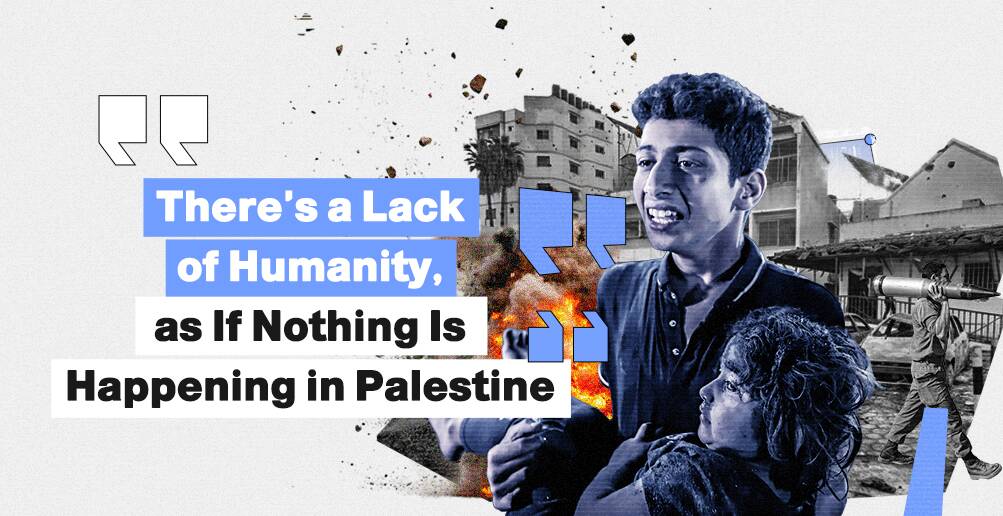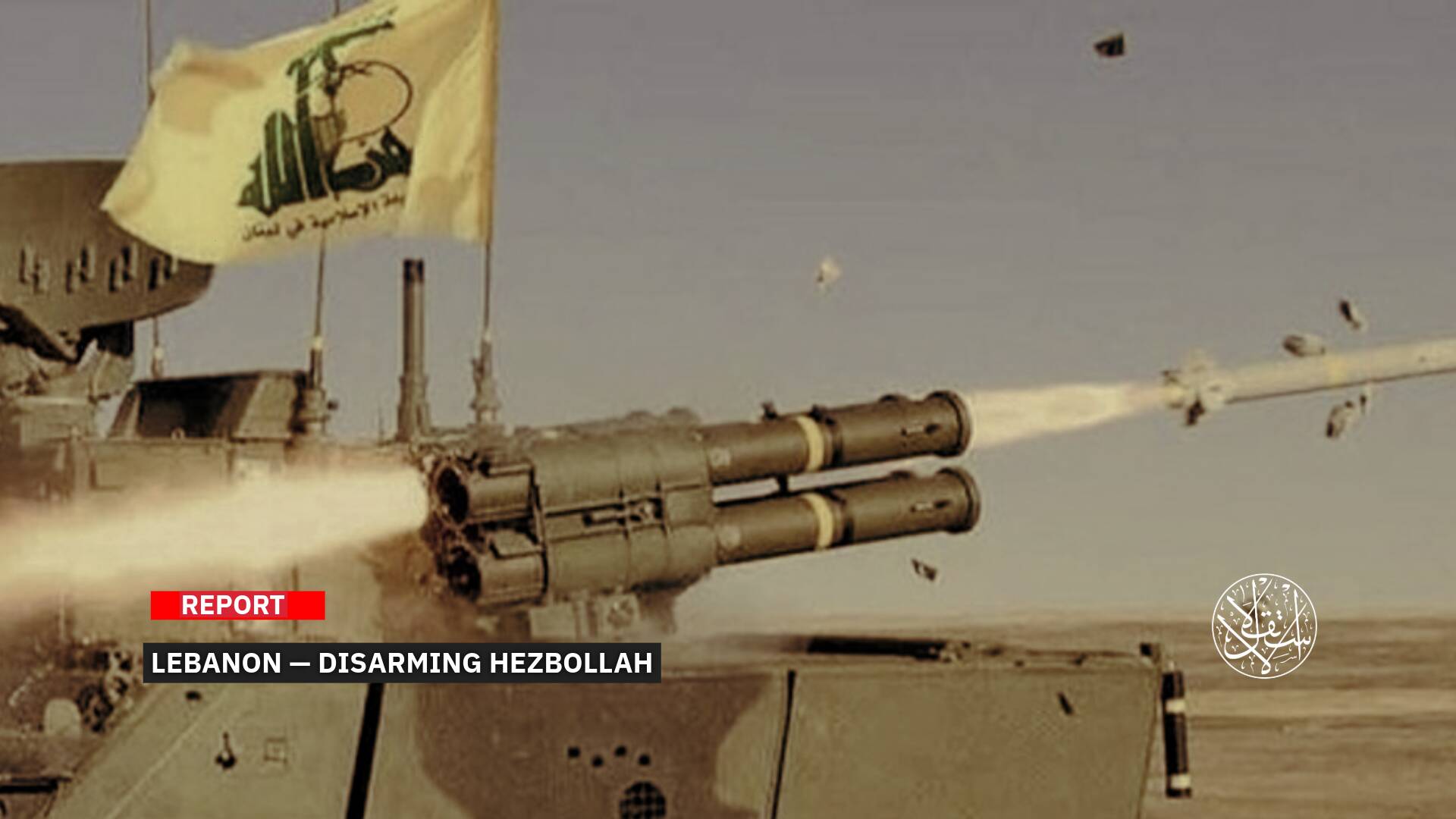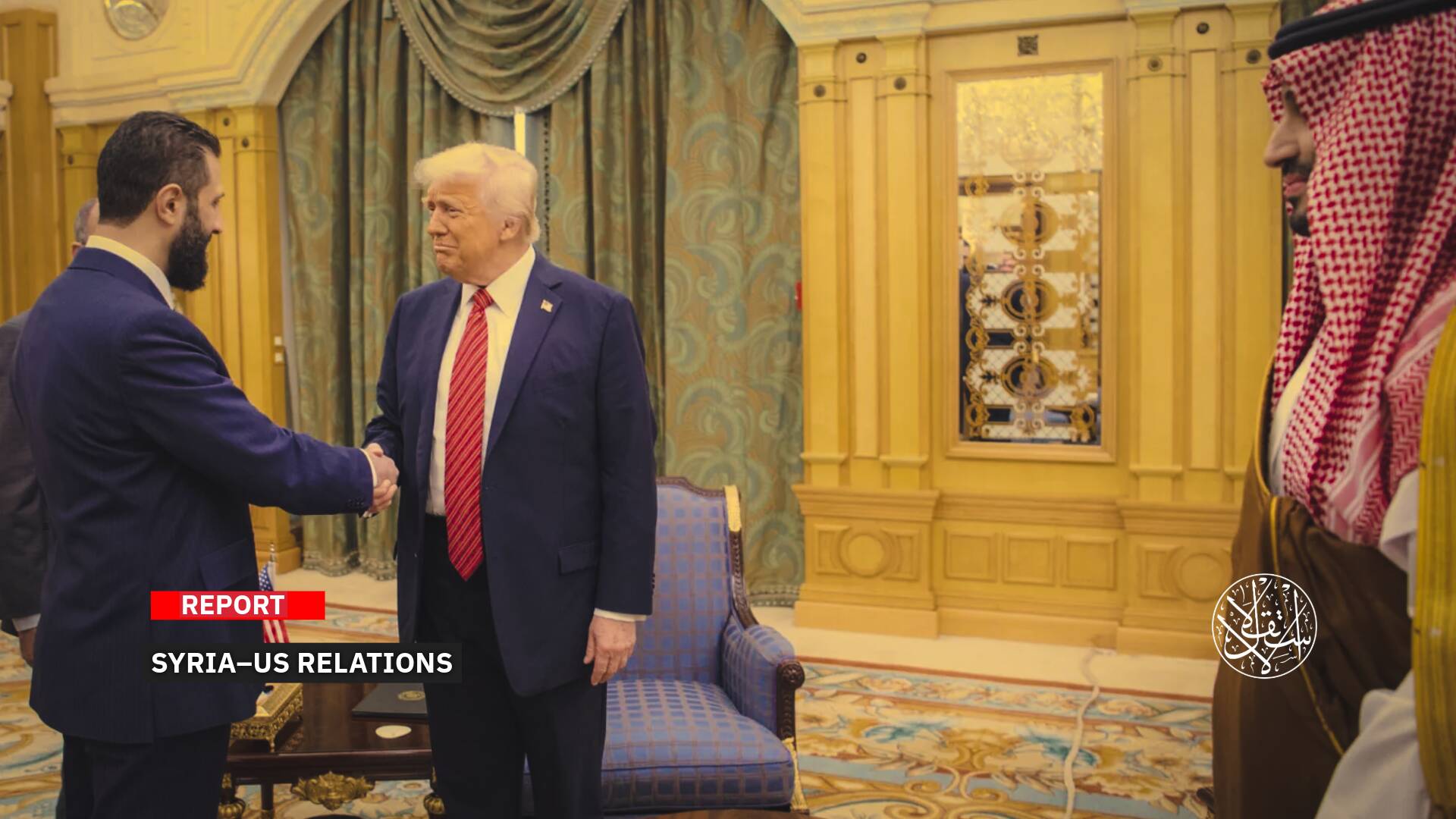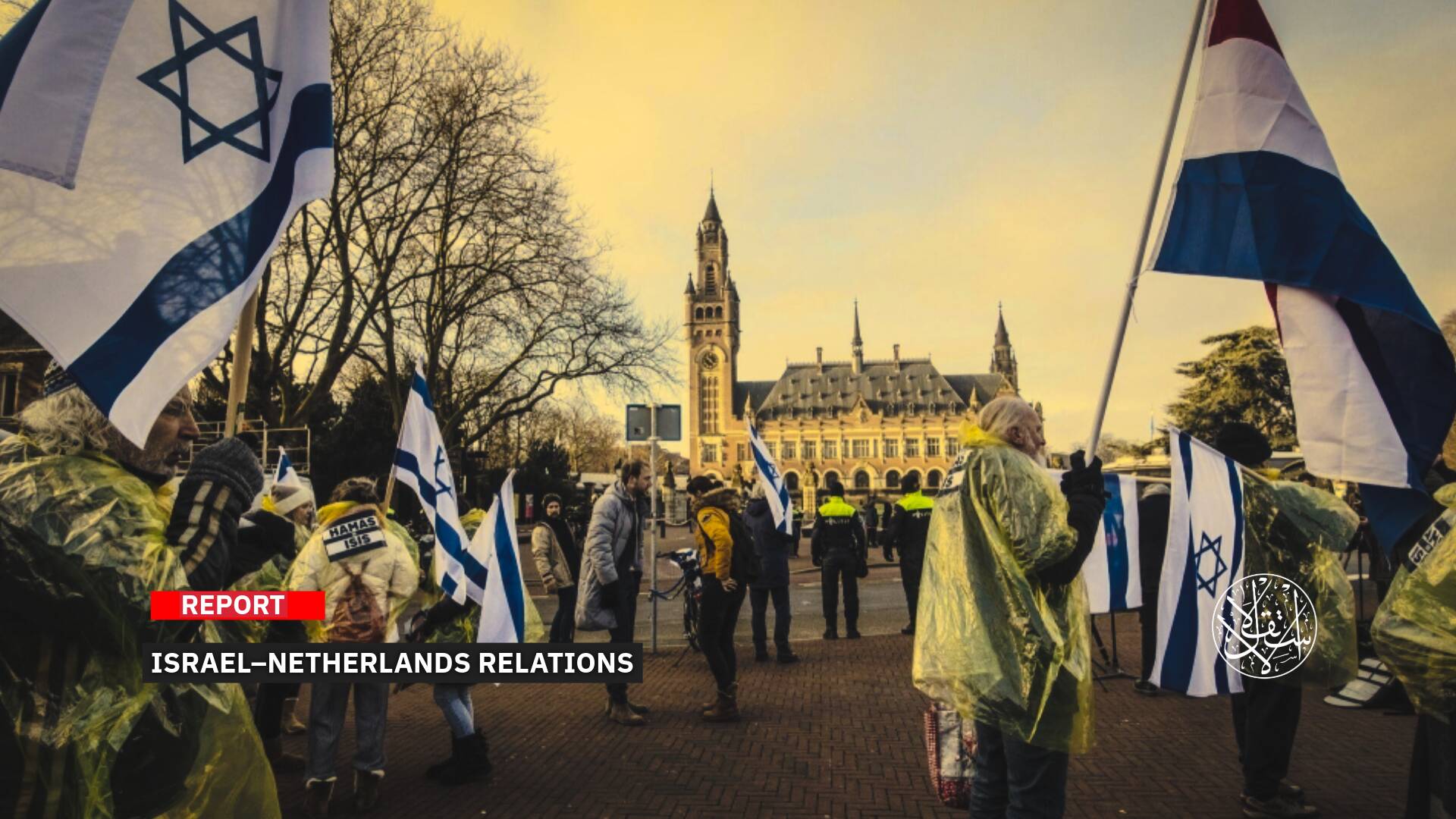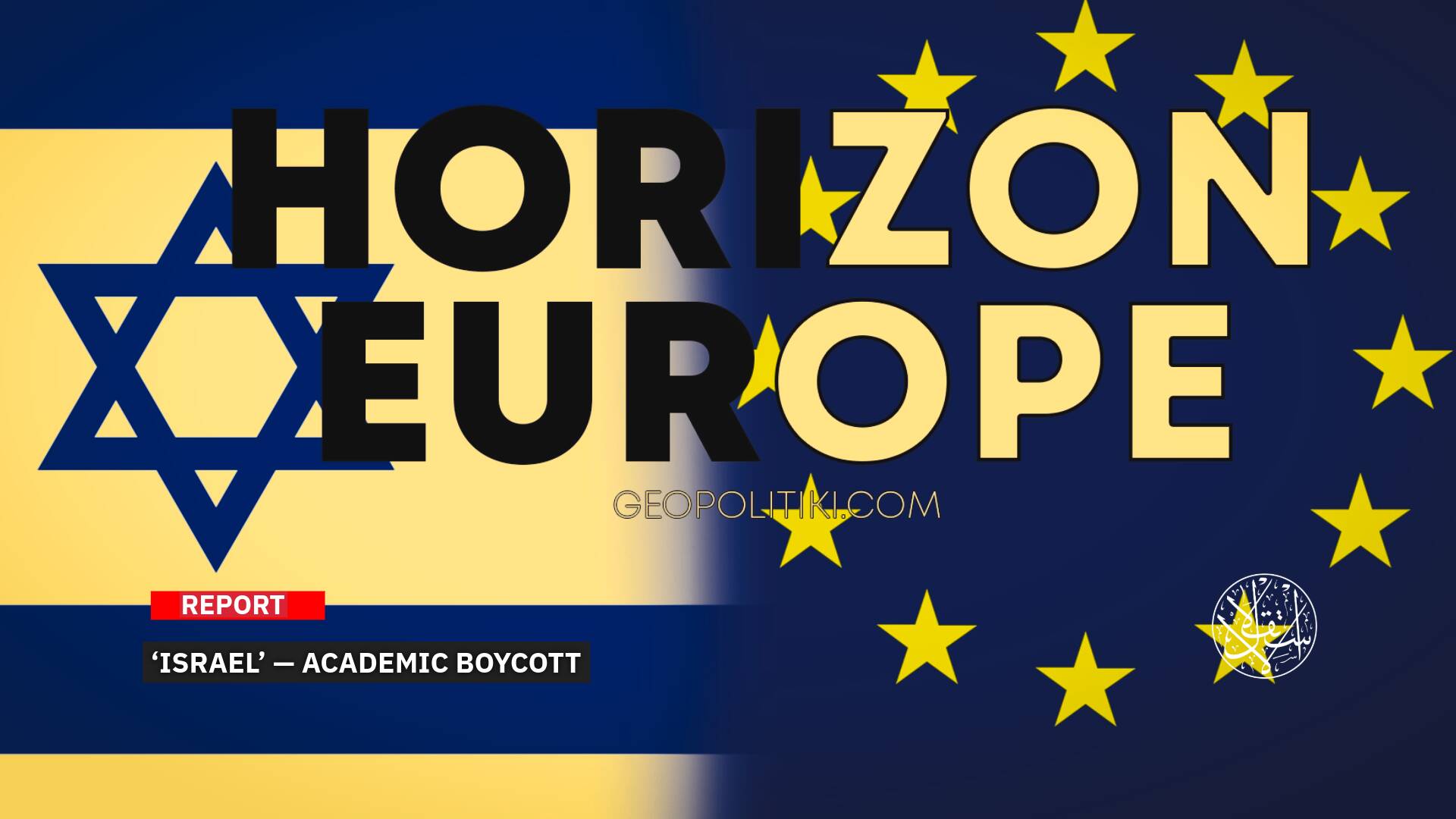Sheikh Raed Salah: ‘Arab Normalization Has Led Israel to Believe It Can Dominate Gaza’ (Exclusive)

“Arab normalization has led Israel to believe it can dominate Gaza and reoccupy it.”
Islamic leader Sheikh Raed Salah stated that all of the Israeli Occupation’s delusions about imposing its religious sovereignty over al-Aqsa Mosque will backfire, revealing that these notions are Qur'anic truths that will endure just like the Quran itself.
Salah, 66, who leads the Northern Branch of the Islamic Movement in the occupied territories, emphasized that al-Aqsa Mosque is in danger and faces a complex occupation. It is occupied by “Israel” and by American Protestant-Zionist ambitions aiming to hasten the construction of an alleged temple.
In an interview with Al-Estiklal, Salah noted that “48 Palestinians are enduring unprecedented oppression not seen since the Nakba.”
“Our community is being pursued for a simple sentence, a hadith, a Quranic verse, or a prayer,” he said.
Regarding the ongoing genocide in Gaza, Salah, also known as the “Lion of al-Aqsa,” explained that Arab normalization has led the Occupation to believe it can dominate Gaza and reoccupy it. He expressed regret that the humanitarian crisis in Gaza persists while the world remains a passive observer.
Despite the grave dangers, “we openly call on people worldwide to earnestly work to alleviate the humanitarian disaster in Gaza. We remain steadfast in our commitment to al-Aqsa Mosque, our land, homes, and sacred sites,” Salah affirmed.

Al-Aqsa Mosque in Peril
• How do you perceive the recent al-Aqsa Mosque incursions by settlers, including government ministers, and their timing's impact on both the present and future situation?
These incursions are not new. They have happened before and have resurfaced today, and they will likely continue in the near future. The Israeli Occupation, according to its delusional calculations, aims to impose its religious sovereignty over al-Aqsa Mosque.
It seems that Israel wants to move from its current phase, where it believes it has succeeded in imposing its occupation on al-Aqsa, to imposing religious sovereignty. Israel imagines that if it succeeds in this, it will be able to perform its Talmudic prayers openly at al-Aqsa.
The next steps would include offering sacrifices for its festivals at the mosque and then publicly moving towards constructing an alleged temple on al-Aqsa's grounds.
I firmly believe that all of these delusions will backfire, and Israel will realize that al-Aqsa is a Qur'anic truth that endures just as the Quran itself does. al-Aqsa remains the same today as it was in the past and will remain so until the Day of Judgment.
• After the Gaza war, do you believe al-Aqsa is now in greater danger, or could the current events be a prelude to a new, more positive situation?
As long as al-Aqsa remains under occupation, it is in danger and will remain so until this Israeli occupation ends.
The current manifestations of danger include incursions, calls to divide al-Aqsa temporally and spatially, the open display of Talmudic prayers, and attempts to perform sacrificial rituals on its grounds. These are all signs of danger.
The danger also stems from the fact that al-Aqsa is occupied not only by Israel but also by American Protestant-Zionist ambitions. They believe that hastening the construction of an alleged temple at the expense of al-Aqsa will, according to their misguided calculations, accelerate the occurrence of Armageddon, which they hope will usher in a thousand-year reign they call The Millennium of Peace.
Therefore, the occupation of al-Aqsa is a complex occupation, involving both Israeli and American elements. It remains in danger, and only when this compounded occupation is lifted will the danger to al-Aqsa cease.

Gaza Catastrophe
• On a personal level, how do you cope with the house arrest imposed by the Israeli Occupation and the restrictions on expressing support for Gaza?
We are facing unprecedented and harsh conditions not seen since the Nakba of Palestine. Our communities in Galilee, the Triangle, Negev, and coastal cities like Acre, Haifa, Jaffa, Lod, and Ramla are being persecuted for expressing ordinary statements, citing prophetic traditions, reciting Quranic verses, or posting on social media.
Individuals may lose their jobs—even if they are university professors, doctors, teachers, or factory workers—or face arrest, prosecution, and potentially long prison sentences.
This ongoing official persecution affects both leaders and the public within our territories. Despite this, we remain resolute and continue to support the Palestinian people's right to self-determination and the establishment of an independent Palestinian state with Jerusalem as its capital.
We continue to call openly for serious efforts to alleviate the humanitarian catastrophe in Gaza, uphold our commitment to al-Aqsa Mosque and remain steadfast in our land, homes, and sacred sites, regardless of opposition or betrayal.

• How do you perceive the official and public Arab response to the Israeli Occupation’s massacres in Gaza?
The official Arab response has been disappointing, including the roles of the Arab League and the Organization of Islamic Cooperation. As for the people, they are largely powerless.
If given the freedom to express themselves fully, the Arab world would have witnessed mass protests and demonstrations by the millions over the past ten months since the Gaza tragedy, creating a resounding outcry throughout the Arab nations.
Such mobilization would likely continue until the humanitarian crisis in Gaza is resolved. Unfortunately, the Arab people are in a helpless situation. We continue to love them and hope for their true freedom and independence, just as we wish for our Palestinian people.
Regional and International Context
• Since 2017, there has been a clear push for normalization between some Arab and Gulf states. How does this relate to the war on Gaza?
The U.S. and Israeli institutions, through the normalization process with certain Arab and Gulf states—known as the Abraham Accords—hoped to sideline the Palestinian issue, including the issues of Jerusalem and the al-Aqsa Mosque.
It seems as though these issues have been disregarded by those involved in this normalization, as if there are no obstacles to opening embassies, airports, and facilitating travel and visits between these normalizing countries and Israel.
As a result, Israel has been able to monopolize the Palestinian cause, the issue of Jerusalem, and the al-Aqsa Mosque, linking the fate of these normalizing states to that of Israel, rather than to Palestinian rights or the sanctity of Jerusalem and al-Aqsa.
This has allowed Israel to focus on Gaza, leading to a worsening humanitarian crisis that is broadcast live for the world to see.

• On the international level, what are the most notable roles that have supported Gaza, and how can they be leveraged for the benefit of the resistance?
In terms of global public support, the Palestinian cause, particularly through Gaza, has received unprecedented backing, with even previously inactive nations like Japan seeing segments of their population take to the streets in support of Palestine.
This support has extended across continents, including the Americas, Europe, and aware African nations like South Africa. This global awakening to the Gaza humanitarian crisis has fostered an international solidarity that no other cause has achieved, promising positive impacts on the future of the Palestinian issue.
Regarding official roles of states and governments, the U.S. and certain European countries like Britain, France, Germany, and Italy, are leading the war on Gaza alongside Israel. These nations view Israel as a Western project rather than merely a Zionist one and defend it as they would Washington, London, Paris, Rome, or Berlin.
Despite this, some countries, notably South Africa, Antonio Guterres, the UN Secretary-General, and various international human rights, humanitarian, and media organizations, have stood against these Western powers. This has led to a growing global political stature for the Palestinian cause, which is likely to have positive implications for the future of the Palestinian cause.


